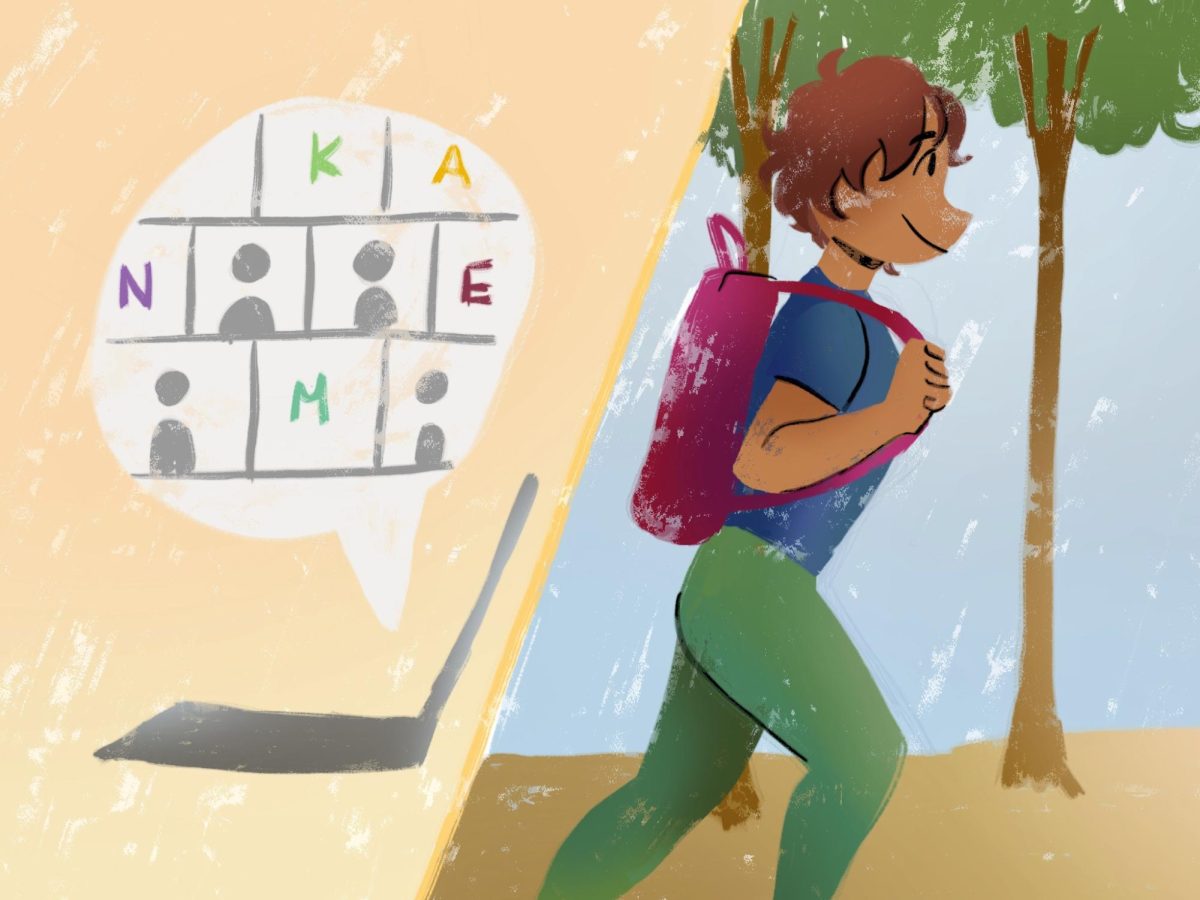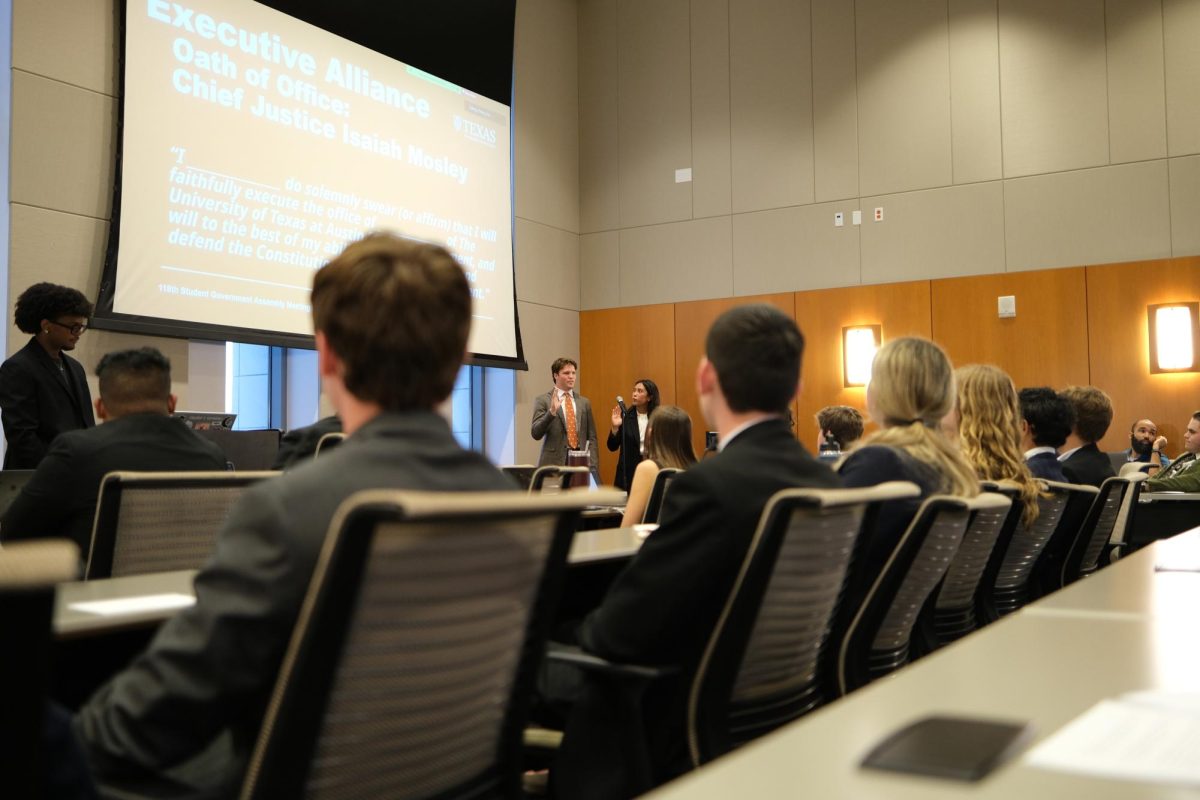Instead of signing yearbooks and hugging goodbye, high school freshmen ended the 2019-2020 school year with Zoom calls and isolation when COVID-19 canceled in-person classes. Some of these students will enter UT for their first full freshman experience this year.
“There weren’t really plans in place to do everything remotely, and then that social-emotional connection — especially going into high school where you’re in a new place and meeting new people — a lot of that really didn’t happen in that first year,” educational psychology professor Chris McCarthy said.
Cristina Yturralde, an incoming radio-television-film freshman, said the sudden switch to online learning followed by a year of socially distanced classrooms caused a social divide throughout her high school career. She said the lack of engagement and motivation in online and hybrid school slowed her development of positive study habits, making her feel unprepared for college.
“Because we got cut off halfway through, (we) weren’t able to meet as many people like that, and then (we) just stuck with the people (we) knew,” Yturralde said. “When (we) came back sophomore year, it was masks (and) social distancing. There’s no place to make friends.”
Yturralde expects college to have a different dynamic; while she strictly saw family at home in her freshman year, she will live with her friends year-round in college. She said the home isolation made her anxious as she wanted to see her friends or go outside.
McCarthy said this seclusion and lack of human connection can cause students to develop bad coping strategies. He said adding college to the list of transitions can be stressful for these students.
“There is a need to reset some of those behaviors for some people,” McCarthy said. “I think some people have probably already done that, but it had such a long impact on people that, especially in college, so much of (the reset) is connecting with other people, reaching out to other people and finding out people who can be mentors to you in a field.”
Yturralde said she might feel more prepared for freshman year if she had built better study habits and lessened procrastination in high school. McCarthy said this results from bad coping mechanisms onset by COVID-19 and suggested that incoming freshmen reach out to professors or classmates to help them become more organized.
Incoming biology freshman Chloe Westerman said many students learned little in their online classes, leaving them lost in the follow-up class the next year.
“Even senior year, our English literature teachers would try to refer to books that we were supposed to have read freshman and sophomore year, and they’d be like, ‘None of y’all read this,’” Westerman said.
Because she took biology freshman year, Westerman fears this might interfere with her understanding of biology in her major. She said she looks forward to her honors program and meeting new people.
McCarthy said building relationships with classmates and professors will help incoming students.
“A big part of learning is the connection you have with your peers and your teachers,” McCarthy said. “You’re not just learning facts and academics, but you’re learning personal management skills, how to get along with other people. When they’re online, that’s a lot harder to do.”













